Head Injury After Bike Accident? Here’s What to Know.
Head injuries represent one third of all non-fatal injuries after a bicycle accident. Sometimes the severity of a head injury is immediately apparent, but many cyclists don’t know that even a hard fall or a hit to the helmet that doesn’t result in outward injury can be debilitating.
A broken helmet after an accident or head wounds likely send cyclists to the emergency room after an accident but they’re not the only head injuries to worry about. While a fractured skull or hematoma—when blood pools or clots in the brain--can be life threatening, a single concussion can make it impossible to work or do activities people enjoyed before the accident for weeks, months, or years.
All Cyclists Need to be Evaluated for Head Injuries After Bike Accidents
This is why it is imperative that cyclists go to the emergency room after a bike accident (among other things to do after a bike accident). Cyclists involved in accidents need to be evaluated for injuries and complications.
Can a bike helmet prevent a concussion?
A concussion, also known as a mild traumatic brain injury, is a head injury caused by force. A hard hit to the head or the body (without head contact) as in a collision or fall while cycling can make the brain move inside the skull in a way that tears nerve fibers. While helmets help prevent severe brain injuries, until recently many of them could do little to prevent concussions. Recently, more bicycle helmets are being made with MIPS technology that might be able to reduce force on the brain after a collision.
Concussion symptoms cyclists should look for:
Often symptoms can take 24 to 48 hours after an accident to appear. Loss of consciousness after an accident should always be taken seriously but people can get a serious concussion without loss of consciousness. As mentioned, your first stop after a bicycle accident should be the emergency room. If undetected symptoms appear later, contact your doctor to get a diagnosis as soon as possible if you experience any of these head injury symptoms after a hard impact to your head or body:
headaches
a feeling of pressure in your skull
vision disturbance or blurriness
brain fog
nausea
light or sound sensitivity
balance problems
memory problems
extreme fatigue
Often concussions go undiagnosed and unreported making it hard to know exactly how common they are in the cycling community. Some experts have proposed that the number of cycling crashes resulting in a concussion is as high as 50-percent (even without automobiles involved). Even with those numbers, there are more ER visits for bicycling related head injuries in the United States than any other sport or recreation type, largely owing to the popularity of cycling.
Brain Baseline Test for Cyclists
Many athletes have started getting what is known as an ImPACT baseline test which measures cognitive function before an accident. This way athletes know what their “normal” looks like and can easily see where they are having problems after a head injury. Having a baseline test can also be helpful if you need to prove disability for legal or employment reasons after an accident. USA Cycling has been promoting baseline testing for racers for over a decade.
Here’s what to know if you suspect you have a mild traumatic brain injury
While many symptoms from a concussion do resolve within seven to ten days, it’s not uncommon for people to require treatment for their symptoms. This often includes vestibular therapy (to help with visual and/or balance disturbance) and physical therapy to help muscles restabilize after the accident. The latest guidelines on concussion treatment recommend anyone with symptoms lasting longer than four weeks seek treatment at a clinic specializing in brain injuries.
Even with insurance, the cost of treatment for a cycling related head injury as well as time spent out of work can quickly become expensive.
Recovering your losses after a cycling head injury
If you were in a bike accident with another person, Scarborough Bicycle Accident Law can help review your case and determine if you have a claim. Financial compensation for medical bills, financial loss, and hardship are often presented in legal cases as cause for reimbursement.

